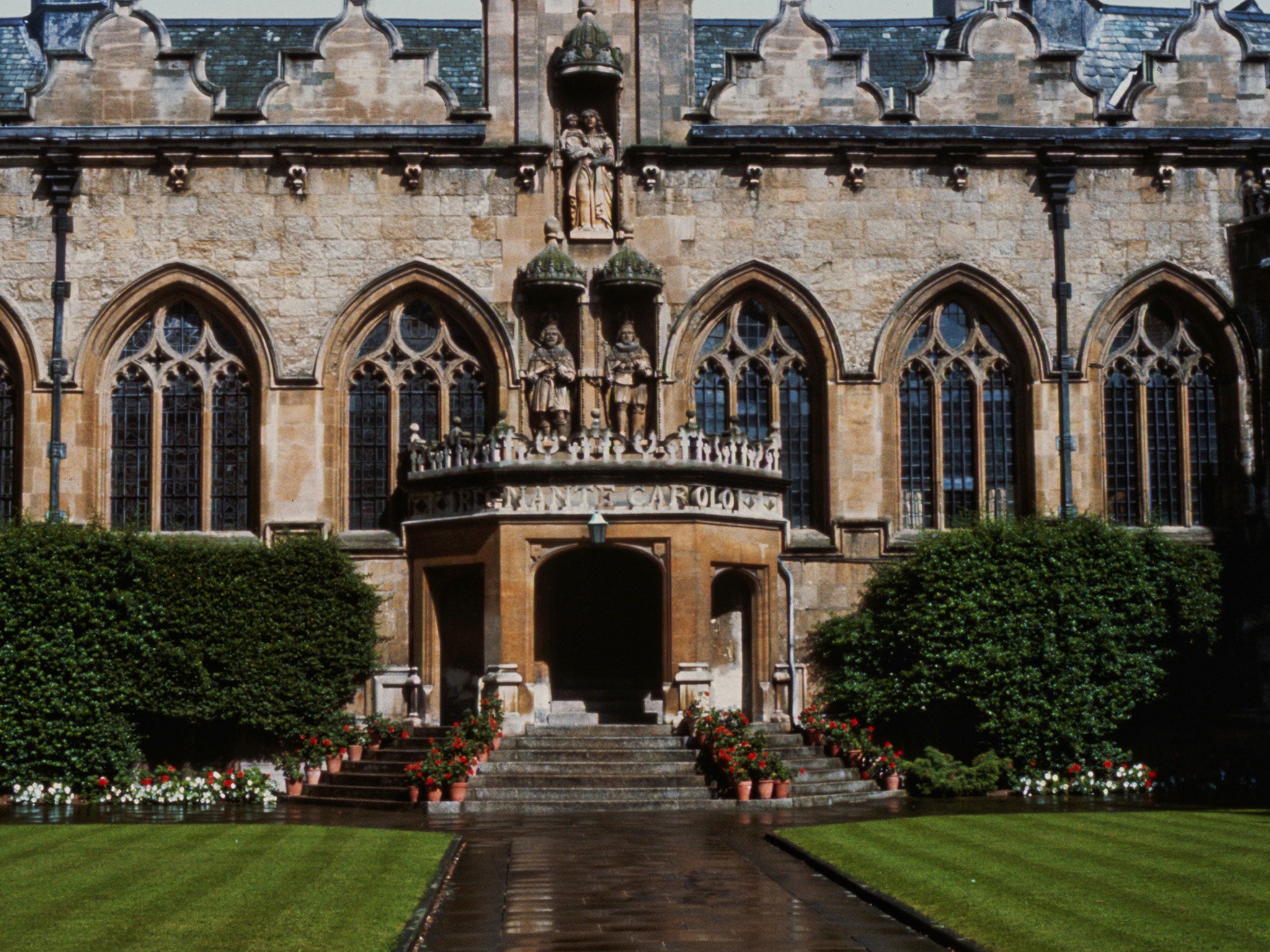Universities 'are killing free speech', says group of leading academics
Students are being denied the opportunity to debate conflicting views due to political correctness and censorship, the group said

Your support helps us to tell the story
From reproductive rights to climate change to Big Tech, The Independent is on the ground when the story is developing. Whether it's investigating the financials of Elon Musk's pro-Trump PAC or producing our latest documentary, 'The A Word', which shines a light on the American women fighting for reproductive rights, we know how important it is to parse out the facts from the messaging.
At such a critical moment in US history, we need reporters on the ground. Your donation allows us to keep sending journalists to speak to both sides of the story.
The Independent is trusted by Americans across the entire political spectrum. And unlike many other quality news outlets, we choose not to lock Americans out of our reporting and analysis with paywalls. We believe quality journalism should be available to everyone, paid for by those who can afford it.
Your support makes all the difference.Universities are "killing free speech" by banning anything that causes offence, a group of leading academics have warned.
Students are being denied the opportunity to debate opposing views due to political correctness and censorship, the group argued in a letter published in The Telegraph.
Academics led by Frank Furedi, a professor at the University of Canterbury, said universities see students as customers and do not dare to stand against them.
The letter argued universities are curtailing freedom of speech “like never before” and also concluded that “students who are offended by opposing views are perhaps not yet ready to be at university”.
The group have called on vice-chancellors to promote freedom of speech and battle against censorship.
The statement comes after a campaign at an Oriel College at Oxford University to remove a statue of Cecil Rhodes, an alumnus and benefactor, because he is regarded as being the founding father of apartheid in South Africa.
The letter described the battle over the statue as a “deeply worrying development”; after Oriel College said the statue does not comply with the values of a modern university.
Join our commenting forum
Join thought-provoking conversations, follow other Independent readers and see their replies
Comments